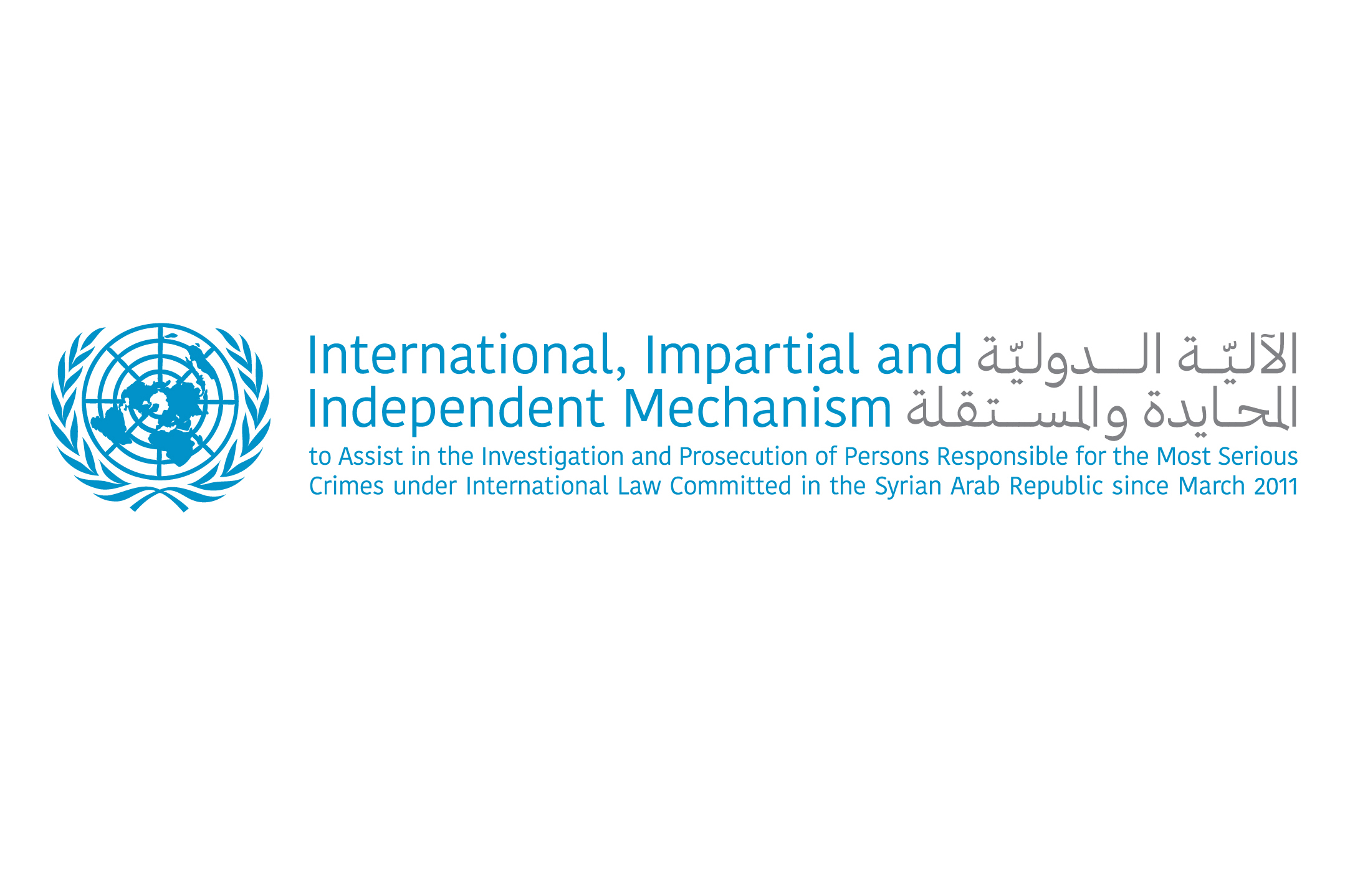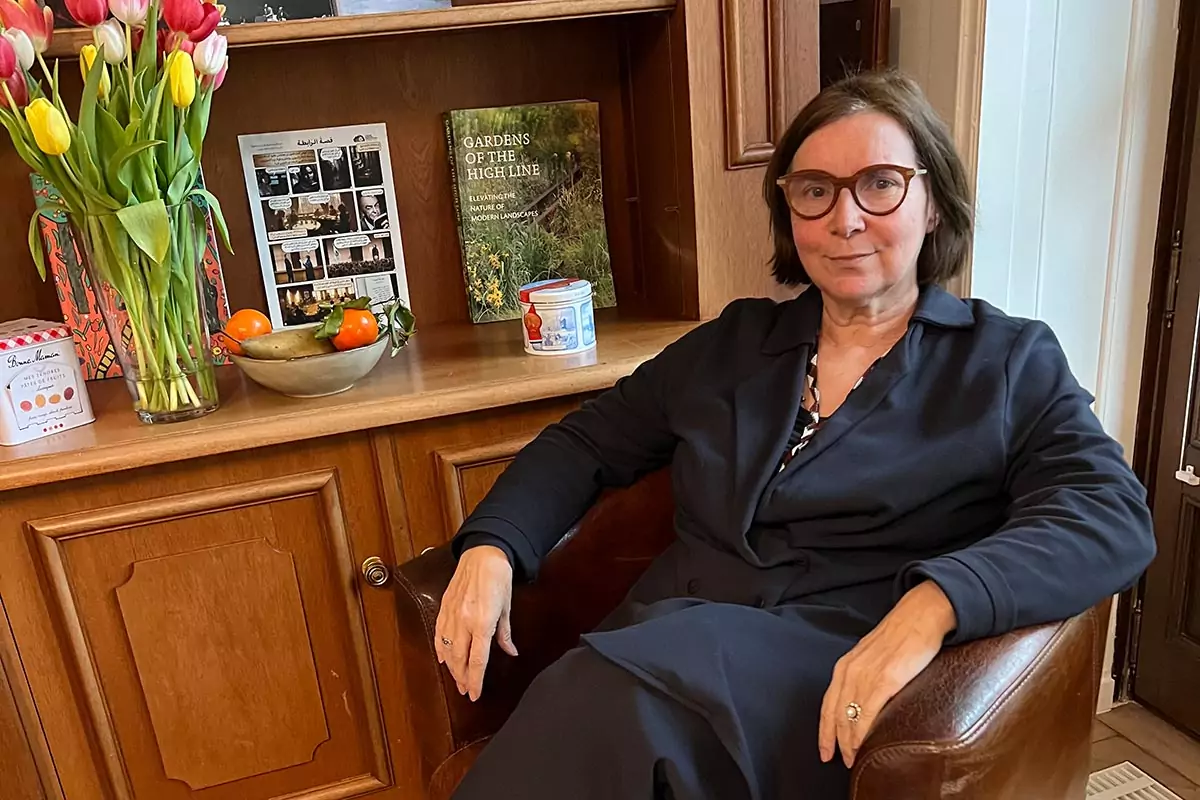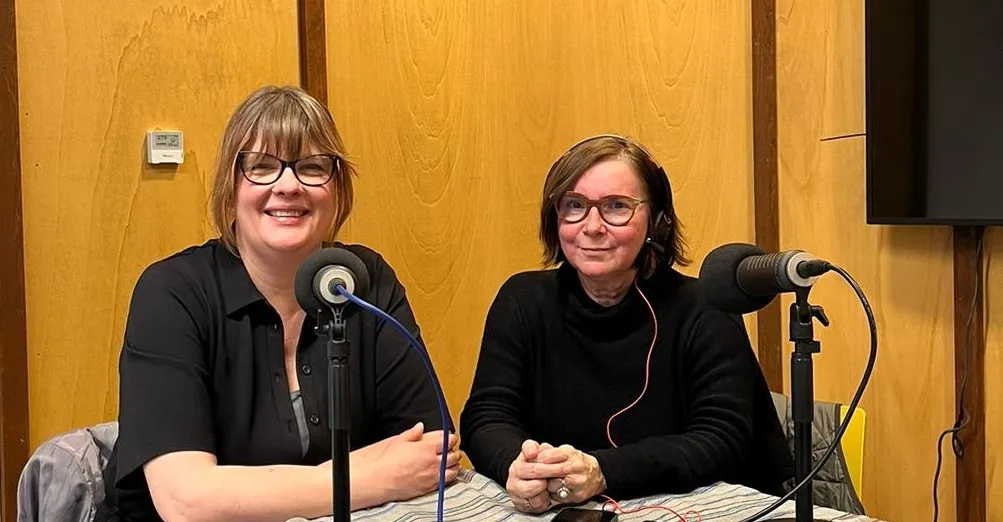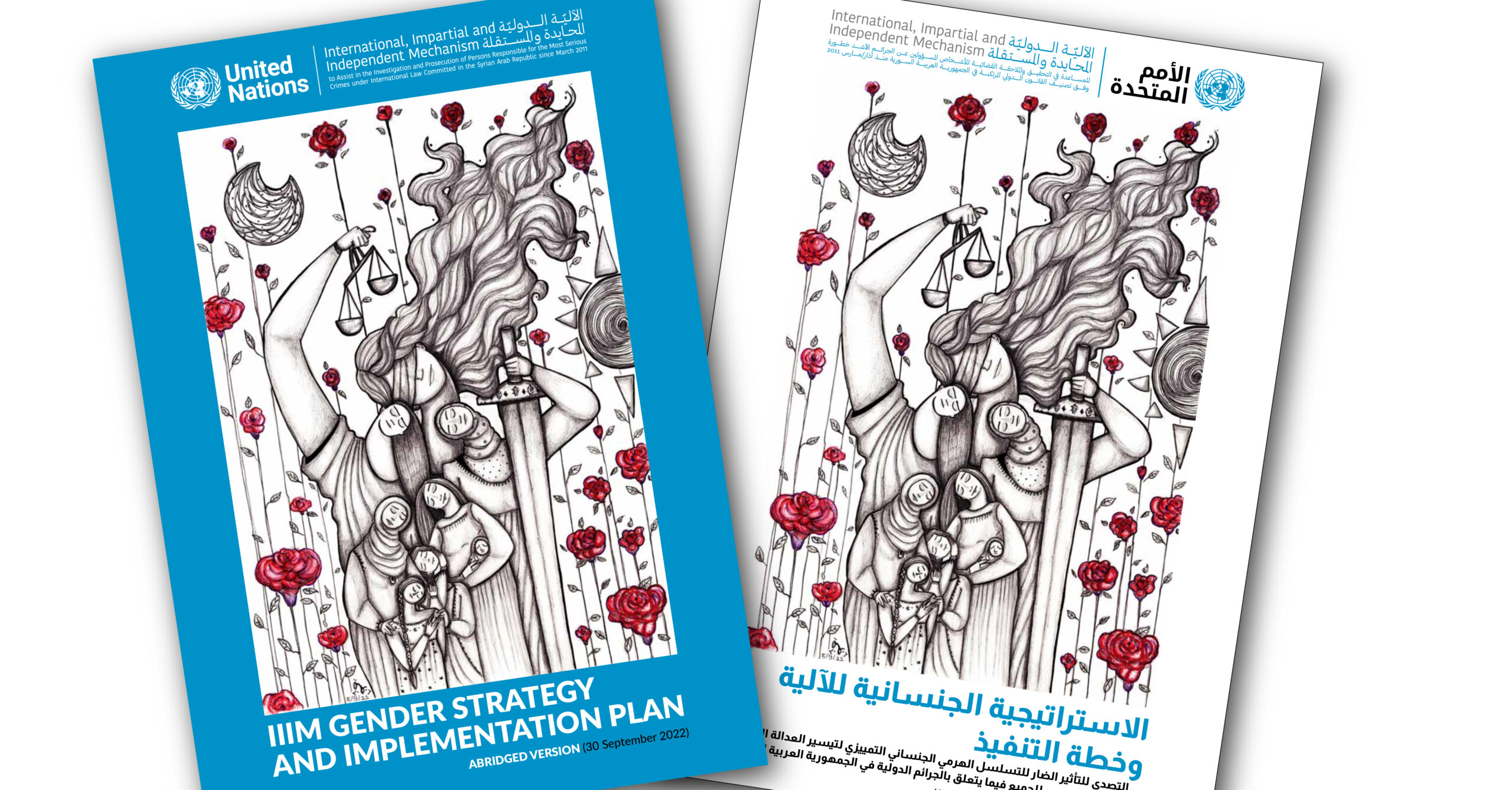
New York, 22 March 2024 – United Nations Secretary-General António Guterres announced today the appointment of Robert Petit of Canada as Head of the International, Impartial and Independent Mechanism to Assist in the Investigation and Prosecution of Persons Responsible for the Most Serious Crimes under International Law Committed in the Syrian Arab Republic since March 2011.
Mr. Petit will succeed Catherine Marchi-Uhel of France, who was appointed as the first Head of the International, Impartial and Independent Mechanism in 2017. The Secretary-General expresses his gratitude to Ms. Marchi-Uhel for her dedicated service to the Mechanism and to the United Nations more broadly, as well as for her contributions to the advancement of international criminal justice.
Mr. Petit brings to the position 35 years of criminal justice experience in both national and international settings. Since 2017, he has been the senior United Nations official to lead the United Nations Follow-On Mechanism on the Democratic Republic of the Congo in relation to the murders of two members of the Group of Experts in March 2017. Mr. Petit also served as Senior Counsel and Team Leader in the Crimes against Humanity and War Crimes Section of Justice Canada.
Previously a Crown Attorney in Canada, Mr. Petit has held various international senior prosecutorial positions, including as International Co-Prosecutor of the Extraordinary Chambers in the Courts of Cambodia, Senior Trial Attorney at the Special Court for Sierra Leone, and Prosecutor of the Serious Crimes Unit, United Nations Mission in East Timor.
Mr. Petit holds an Advanced University Law Degree from the University of Montreal, Canada, as well as a Bachelor of Arts in History from the same university. He is fluent in English and French.
The results of the Syria mechanism are becoming more visible


“I think it’s becoming easier and easier to justify the value…the results were not very visible especially in the early days, but they are becoming more and more so.”
In this in-depth interview, Catherine Marchi-Uhel, Head of IIIM, highlights the mechanism’s tangible contributions to international justice and shares the innovative approaches it developed that have now become a standard reference for others.
Read the full interview here.
Asymmetrical Haircuts- Adaptable Justice for Syria


In a new series the Asymmetrical Haircuts podcast team are focusing on UN accountability mechanisms. It is therefore only appropriate that the first episode is about the IIIM, the very first UN accountability mechanism created by the General Assembly, which became operational in 2018.
Catherine Marchi-Uhel, the IIIM Head, talks to Janet H. Anderson and Stephanie van den Berg about the challenges and the innovations that were made to fulfil what was then a unique mandate. Listen to the full episode and hear more on how the IIIM has become a key part of the accountability ecosystem and its prioritisation of victims/survivors throughout all its work.
International Women’s Day


On International Women’s Day, we honour the tireless efforts and indispensable contributions of Syrian women and girls in their unwavering pursuit of justice and accountability, despite the many risks and challenges.
Women human rights defenders, activists, and feminist-led organizations have actively engaged with our work, not only sharing valuable material but also shaping the IIIM Gender Strategy with their insights.
Throughout the conflict and continuing until today, Syrian women exhibit remarkable resilience and determination, ensuring support for victims and survivors across diverse communities in overcoming obstacles to justice. The IIIM is committed to advocating for space for their voices to be heard throughout international justice processes. Inclusive justice requires proactive steps, from identifying and interviewing female witnesses to include in evidence collection, to sharing analytical products with competent jurisdictions that reflect the distinct harms experienced by women and girls.
Our Children and Youth Strategy, scheduled for public release this year, has also been enriched by discussions with girls inside Syria. Today, let’s recommit to a world where their future is free from social and legal inequalities, and their right to justice transcends gender boundaries.
Here’s to our collective efforts in ensuring a just and equitable world for women and girls—every day of the year.
